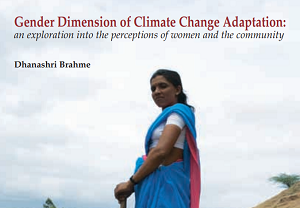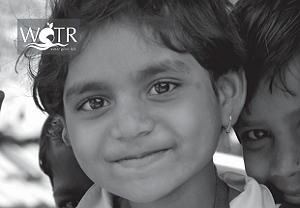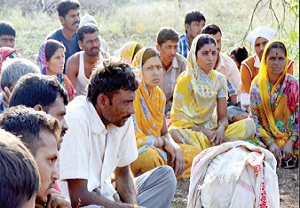Women Empowerment

Why Women Empowerment?
Gender equality remains a burning issue even when women play equally important roles in driving the rural economy in India. Women have always been facing the inequitable distribution of domestic chores besides other responsibilities such as fetching water, collecting firewood and even working in the farms. This is severely impacting their physical security, opportunities for adult education, overall productivity, income generation capacity, nutritional status, and overall health and well-being.
WOTR is driving initiatives to reduce the ‘time poverty’ and drudgery of women, provide them with access to economic opportunities and enable their participation in decision-making, so that they become equal partners in the development process.
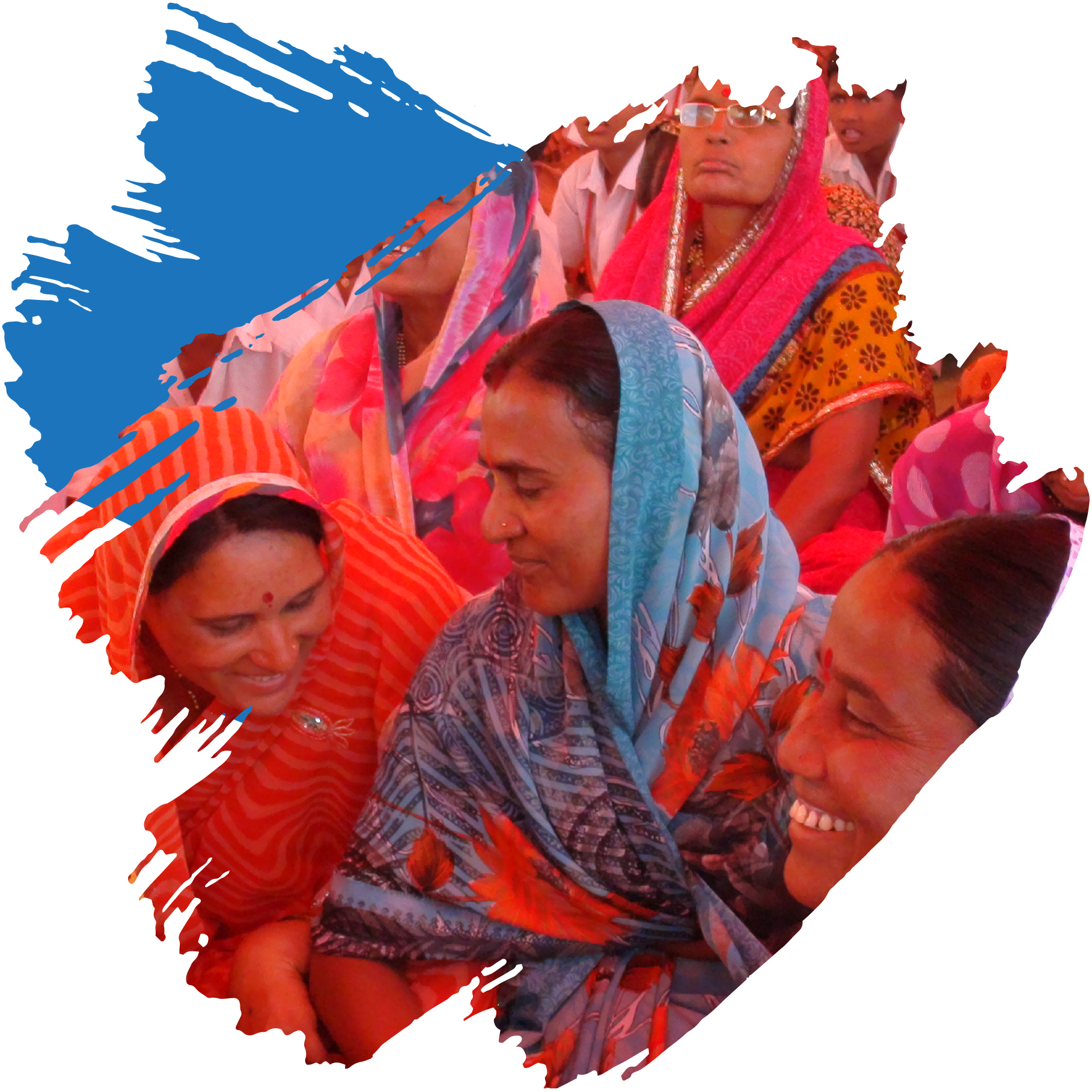
Our Interventions
Helping women find their voice is deeply empowering and has a ripple effect on families and society. WOTR believes that women’s issues cannot be addressed in isolation but within their social and institutional milieu. Women’s representation is crucial in social, political and economic processes for a thriving society.
Whilst gender is a cross-cutting theme across all our activities, specific initiatives aimed at women are:
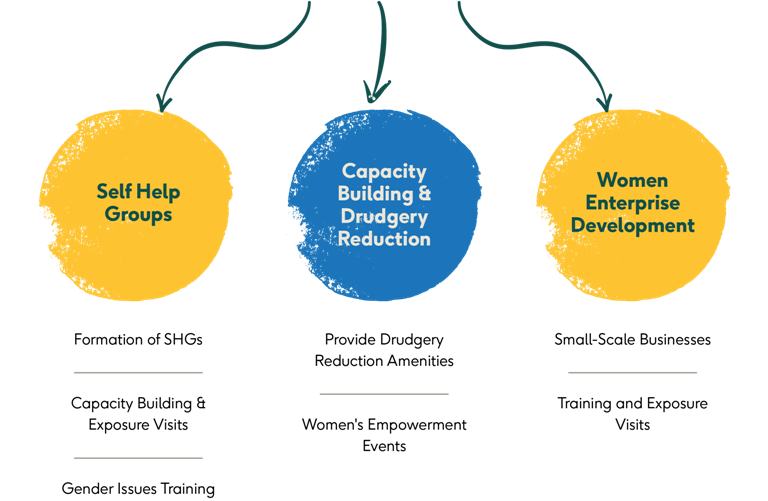
Our Impact
10,472
2,122
67
10,134
SHGs formed consisting of about 128,569 women members
new women-led enterprises launched
Our Impact
10,472
2,122
SHGs formed consisting of about 128,569 women members
new women-led enterprises launched
67
10,134
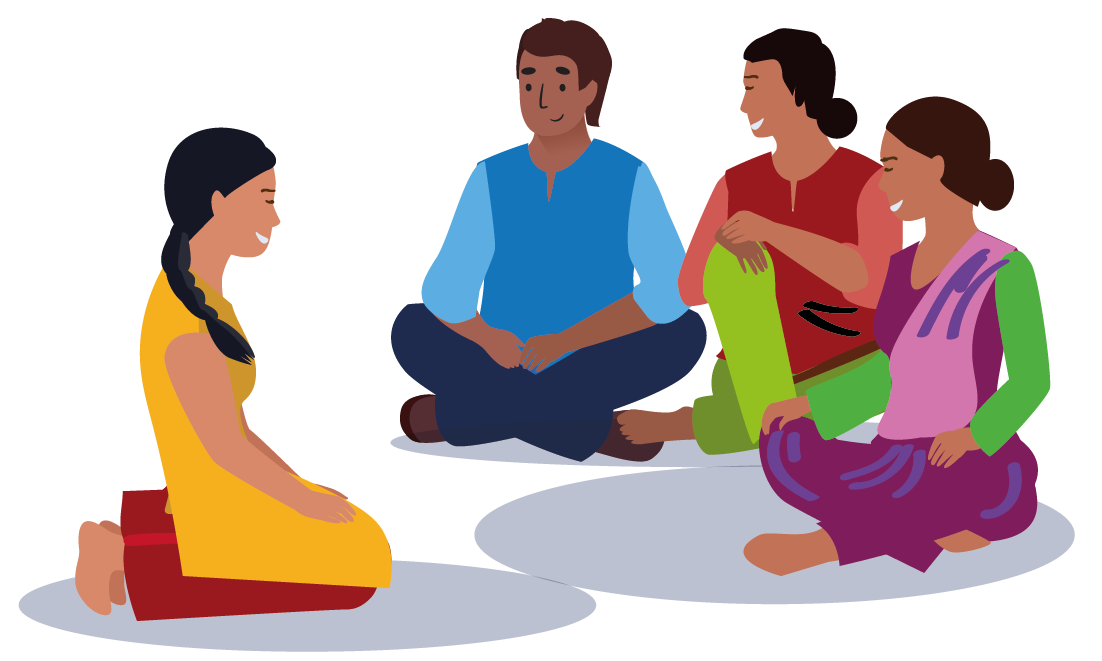
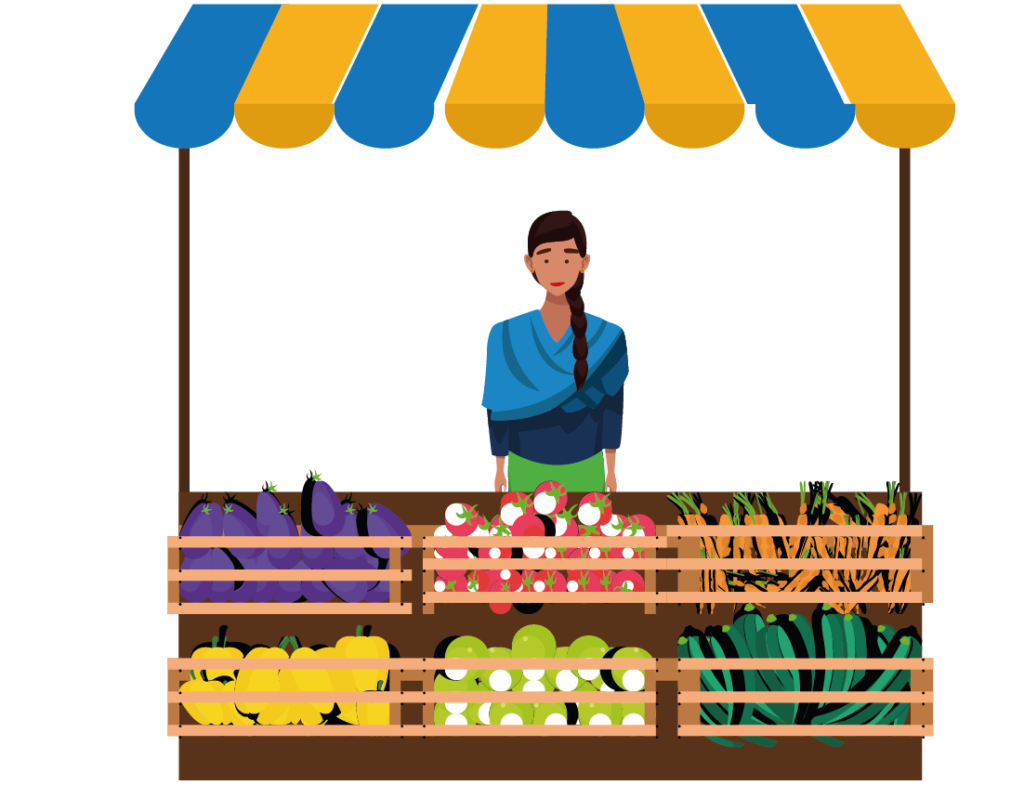
Program Highlights

Our Achievements

Laadli Media Awards
WOTR won this award for Gender Sensitivity 2011-12

Woman of the Year 2007- 2008 Award
Awarded to Dr. Marcella D’Souza, Executive Director of WOTR, by Indian Merchant Chambers’ Ladies Wing, for her significant contribution in the field of water conservation

Karmaveer Puraskaar
Awarded to Dr. Marcella D’Souza (Director, WCReS), by Khemka Foundation in March 2007, for developing pedagogy for women empowerment
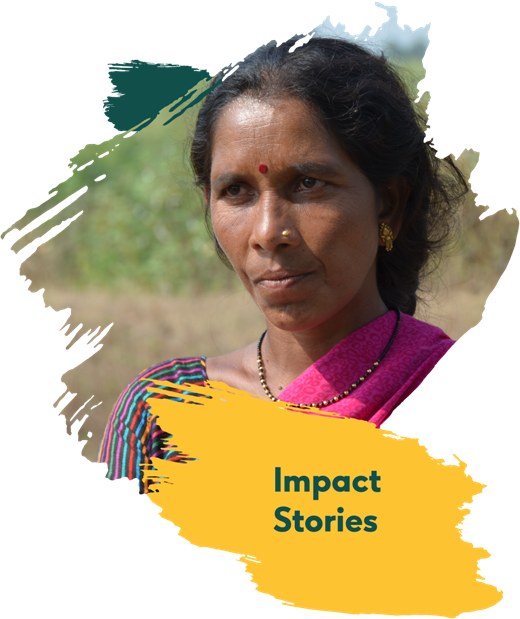
No more financial distress!
Yavatmal district in Maharashtra has several heartbreaking stories of poor agriculture and financial crisis. But Chanda and Ramkala’s story is inspiring to many. After their husbands’ death, both the women were struggling to fend for themselves and take care of their families.
With the support of WOTR’s women empowerment program, Chanda and Ramkala are now leading a progressive life. They are now the role models for several women in the community.
To invest in the empowerment of women for rural India, reach out to Preetilata Gaikwad at preetilata.gaikwad@wotr.org.in

